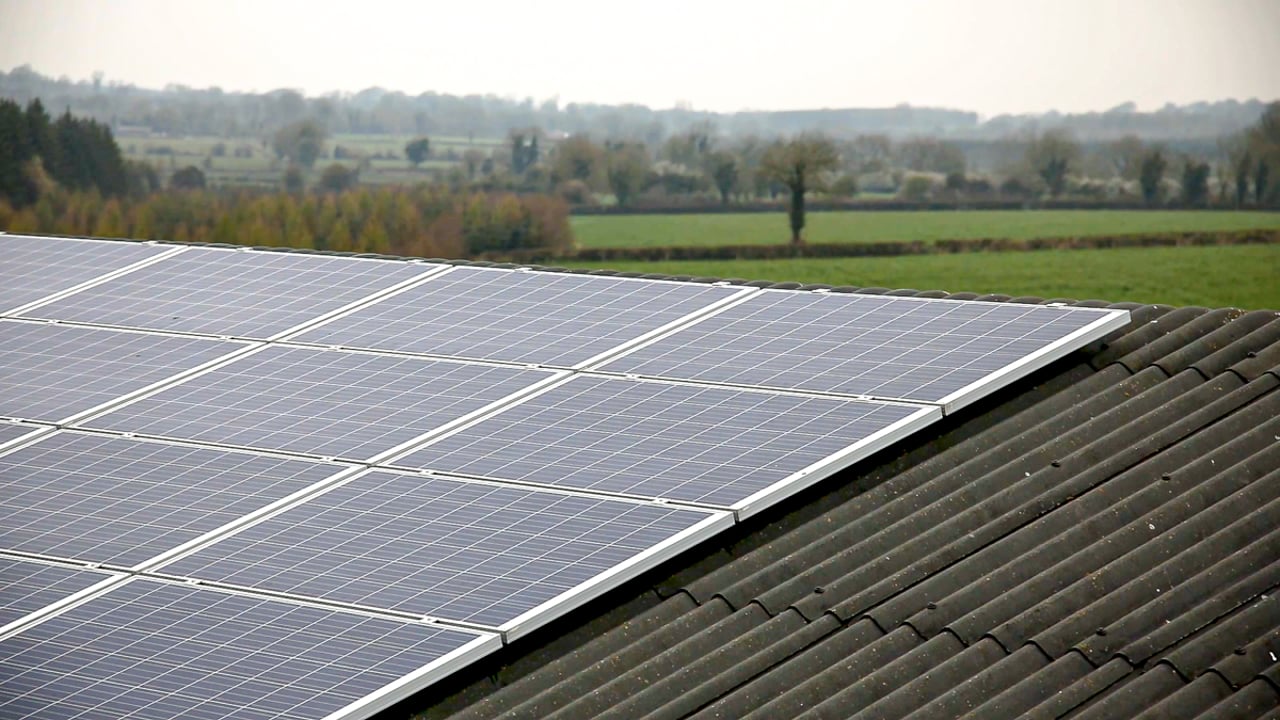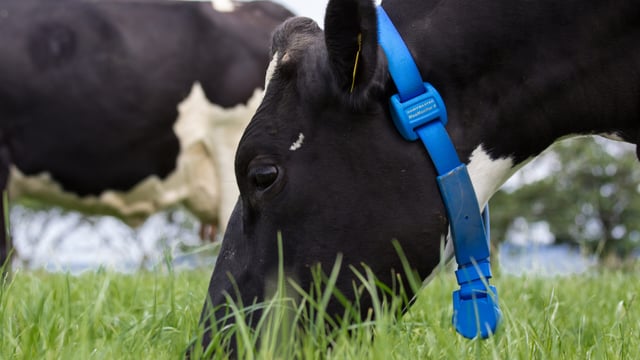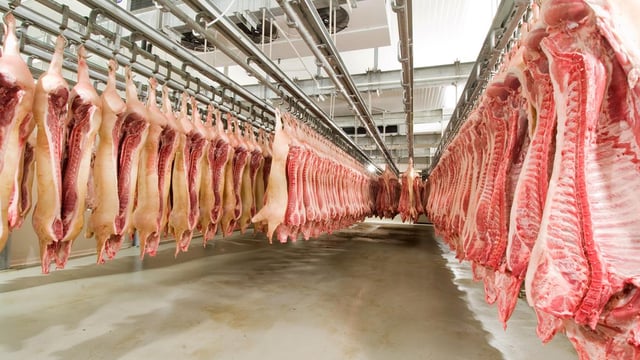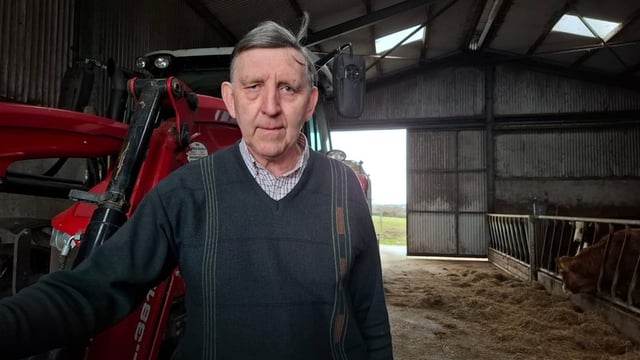Grid investment must address microgeneration restrictions - MREF
The Micro-Renewable Energy Federation (MREF) has welcomed a commitment from government to upgrade the distribution grid operated by ESB Networks between now and 2030.
Minister for the Climate, Environment and Energy, Darragh O'Brien recently announced new measures to enhance the electricity grid and to increase its resilience.
It followed a meeting between the minister and representatives from the Commission for Regulation of Utilities (CRU) and ESB Networks, to discuss the Storm Éowyn response and the impact on customers.
The minister has requested a number of actions be taken, once the initial storm response has been completed, including an enhanced winter 2025 grid resilience plan.
MREF
Ciaran Kells, chair of MREF, said that the grid upgrade is "undoubtedly being motivated by the need to avoid future storm damage and the massive blackouts that resulted from Storm Éowyn".
However, he added that "this investment is long overdue and necessary to ensure that the network can facilitate as much distributive renewable energy as possible across the country".
Kells said that many farms and businesses across Ireland wanting to invest into roof top solar PV systems are being "seriously restricted on the size of systems they can install and how much they can export to the grid by ESB networks".
“The constraints on connections of renewable power need to be comprehensively dealt with as part of the massive investment planned in our nation grid.
“MREF estimates that there is enough roof space on farms and businesses to install over 3,000MW of renewable energy without losing even one acre of good land from food production," he said.
The MREF chair called on the government to ensure ample grid access is provided so that farms and property owners can install as much generation as their roof space allows, and to export that generation to the grid for payment and without restriction.
He also called for grant supports and "beat-the-peak" incentives to encourage homes, farms and businesses to install battery storage systems.
“There is a real appetite among homeowners and businesses to optimise the use of renewable power.
"Battery technology can not only help do this but also support the national grid deal with the challenges it is facing in meeting the nation’s peak-time energy needs.
"However, government supports are necessary to make this investment affordable," Kells said.











